Modern laser engraving machines have become indispensable tools in various manufacturing and processing industries due to their ability to cut, engrave, and mark with exceptional precision and speed. This technology utilizes laser beams to directly interact with materials, delivering outstanding results without damaging surrounding areas.
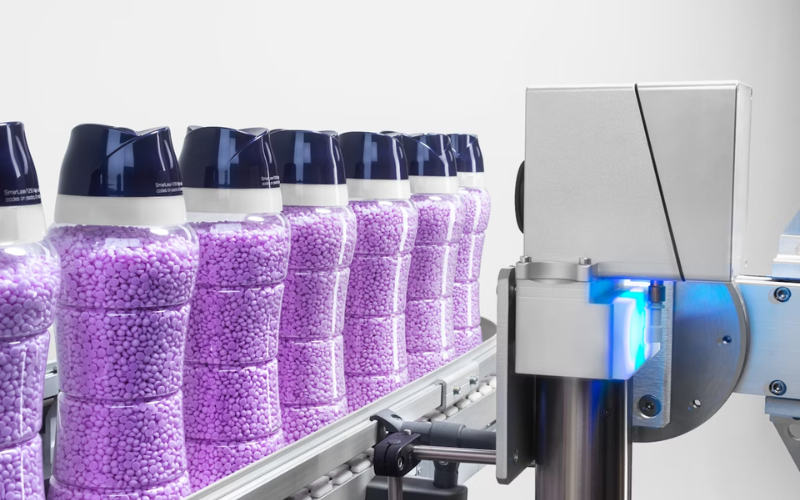
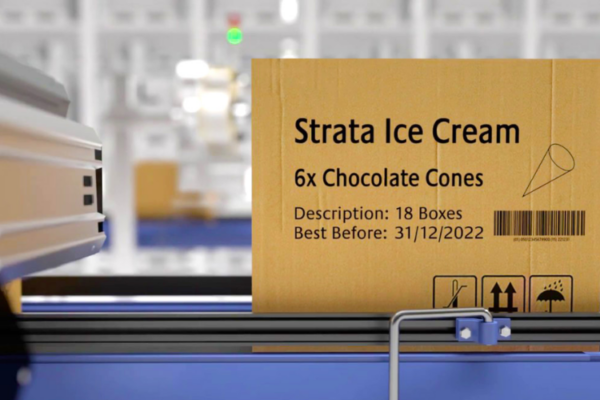
Coding & Marking Solutions are integral technologies in modern manufacturing, ensuring product traceability, quality assurance, and compliance with industry standards. These solutions involve the application of marks, codes, or labels—such…
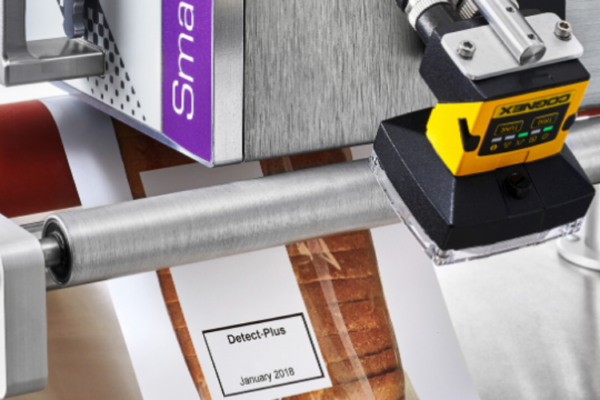
A thermal transfer printer ( also known as a TTO - Thermal Transfer Overprinting machine) is a device that uses thermal transfer technology to print on packaging surfaces or other…
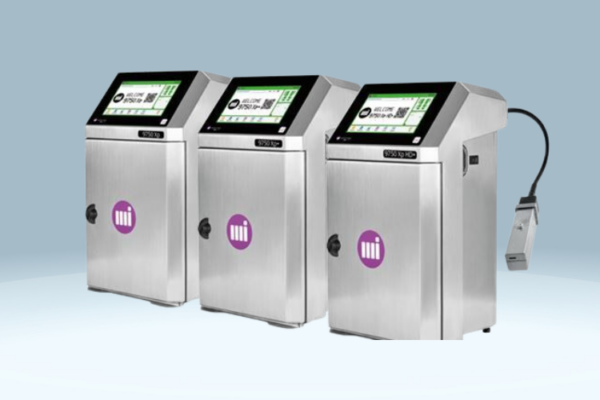
Continuous Inkjet (CIJ) printers are non-contact printing technology widely used in modern industrial production lines due to their high precision and fast speeds. These printers are ideal for printing codes…
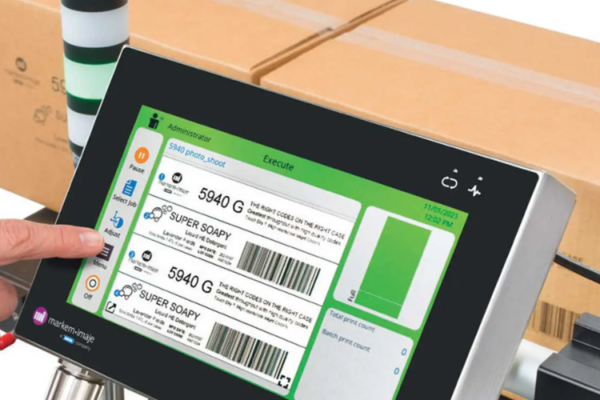
A large Continuous inkjet printer is a specialized device designed to print large-sized products such as banners, posters, billboards, and other promotional materials. Capable of printing on various materials such…
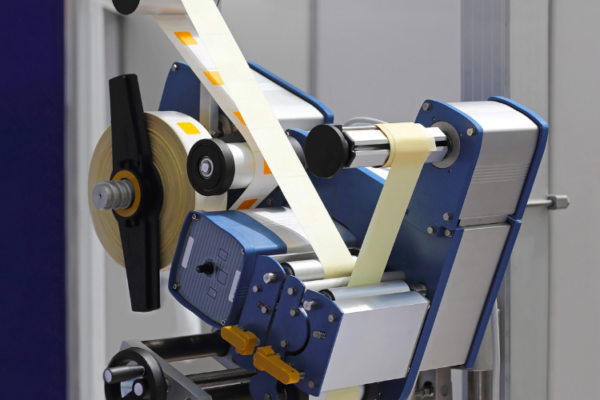
An automatic labeling machine is a device designed to print and apply labels directly onto products and packaging as they move along a conveyor. These machines integrate bot printing and…
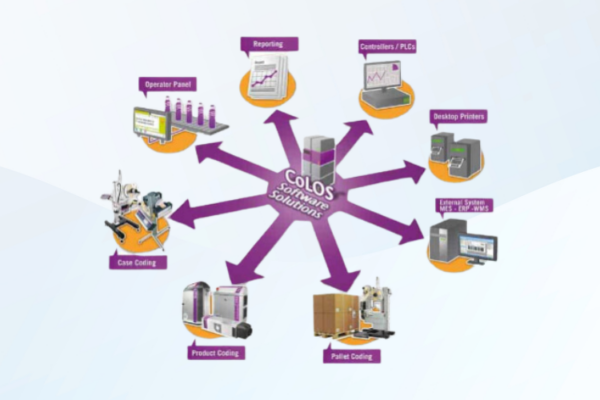
What is CoLOS Software? CoLOS software is an intelligent solution designed to manage and optimize printing and coding activities on packaging. With its comprehensive integration capabilities, the software helps businesses…